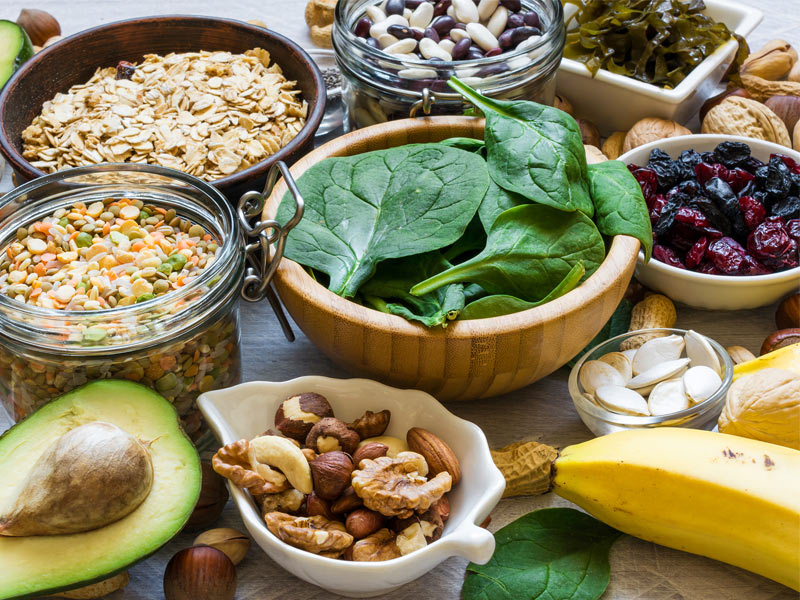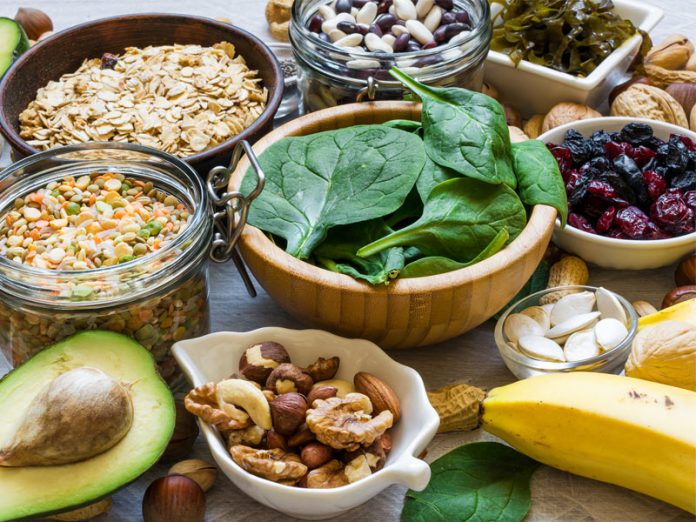
Commonly associated with bananas, this key nutrient really should not underestimated.
We discover the lowdown on potassium.
Potassium is definitely a key nutrient for day-to-day body function
Potassium, commonly known as an electrolyte, helps regulate fluid, send nerve signals, and muscle contraction.
Poor fluid regulation can lead to dehydration, which experts claim can have strangling impact on heart and kidney function.
Inadequate potassium levels in the blood can negatively affect the way your body generates nerve impulses and weaken muscle contraction.
Potassium lowers your risk of serious health issues
Getting the correct of potassium also lowers the danger of stroke, maintains muscle tissues and bone thickness, and causes it to become less likely you will get painful kidney stones.
US researchers will also be looking at how potassium may help protect against cardiovascular disease by reducing hardening and narrowing of this arteries that lead to stroke and cardiac arrest.
Potassium is important for maintaining healthy blood pressure
While it’s reputable that having less salt throughout our daily diet helps lower blood pressure levels, potassium even offers a role to spend time playing.
“Reducing salt is critical but improving potassium intake could also help improve high blood pressure levels control, because sodium and potassium interact with each other,” explains dietitian Aloysa Hourigan, of Nutrition Australia.
You’ll generally get enough potassium at a balanced diet
“If you eat a balanced diet, you will definitely normally have enough potassium because it’s found in many excellent foods, but fruit and veggies are the main source,” says Aloysa.
“As a standard rule, more yellow-coloured vegatables and fruits are higher in potassium.
“So, bananas, mango, pineapple, nectarines, pumpkin and corn are great sources.”
Avocado, legumes, kale and spinach, tomatoes, carrots and yams are also abundant in potassium.
Men need about 3800mg of potassium every day, women need 2800mg
That’s in accordance with National Medical and health Research Council guidelines.
As a guide, a 100g serve of sweet potato has around 475mg of potassium whilst the same amount of avocado has around 485mg and 100 grams of banana has around 358mg.
Low potassium are usually caused by medications, sweating excessively, vomiting or diarrhoea
Symptoms of low potassium include feeling extremely weak and tired, muscle cramps and constipation.
Very low potassium also can lead to abnormal heart rhythm.
A blood test can inspect your potassium levels including your GP will advise you should be potassium supplement.
Too much potassium will be potentially fatal
Possible indications of too much potassium ‘re feeling weak and tired, nausea and an abnormal heart rhythm.
This generally is a potential risk if anyone is on some medications or with poor kidney function whose kidneys can not help balance potassium by the body processes and so levels build while in the blood, says Aloysa.
“If you may have kidney problems or bring about then your GP will perform regular blood tests to evaluate that your sodium and potassium levels can be found in order,” she says.
Written by Sarah Marinos


































